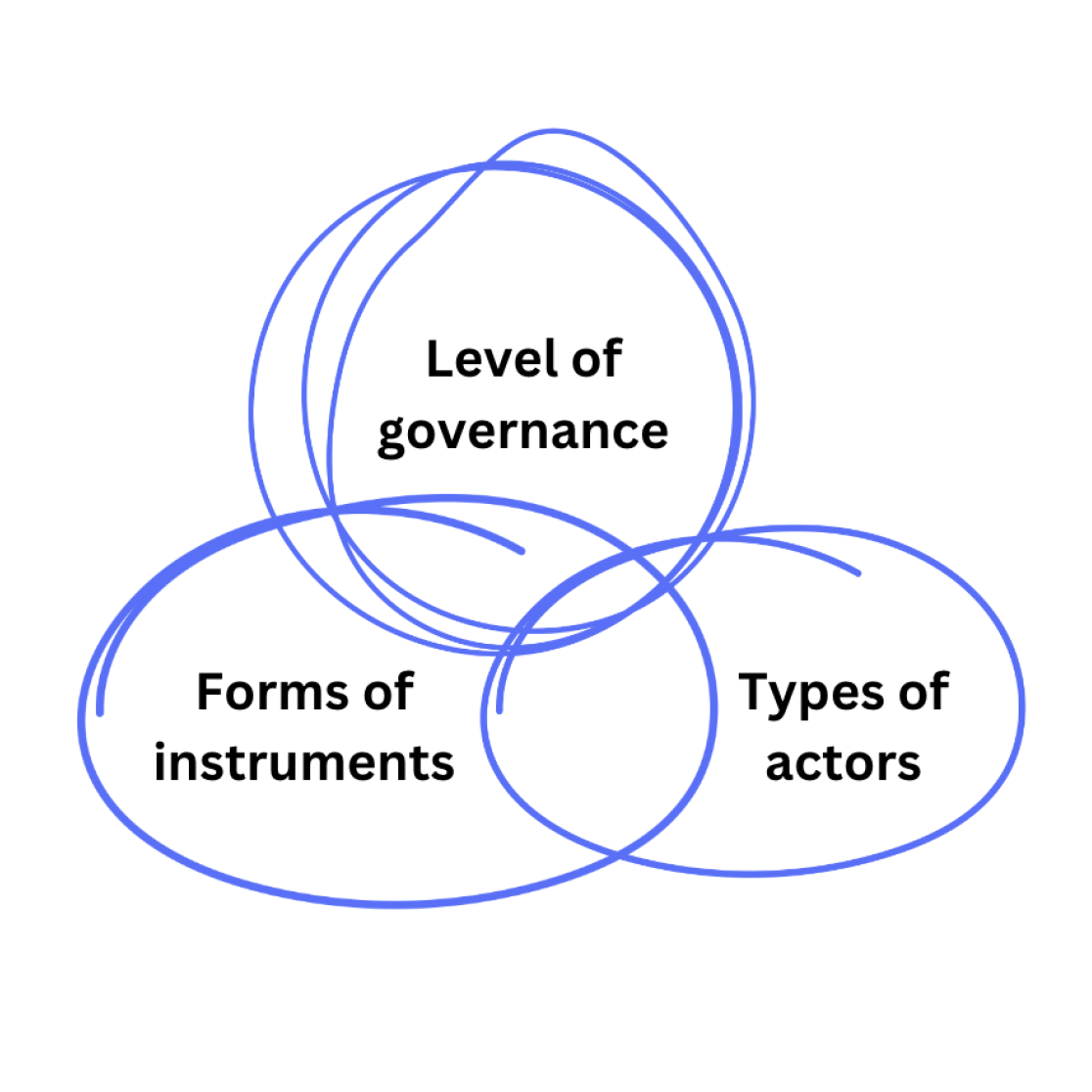Globalisation and Law Network Research
The overarching aim of Globalisation & Law Network is to analyse what role law has in a globalising society, and, in particular, how globalisation (which encompasses, for the purposes of our group, processes of Europeanisation and internationalisation) is challenging the potential of the law to regulate, protect and solve disputes. It has both a descriptive and a normative facet: on the one hand, Globalistion & Law Network looks at how globalisation is transforming law itself (putting its traditional functions under pressure), and, on the other, how law could drive globalisation and mitigate its consequences by protecting the interests of individuals, groups and societies.
Globalisation & Law Network, which is composed of academics in various sub-areas of law, adopts a transdisciplinary approach, in which questions of legitimacy, the promotion of public interests by actors other than the state and effective judicial protection are examined in an ‘integrated’ fashion. This approach does not only provide fundamental knowledge about the changing role of law, but also examines whether, and if so, how law can play a role in reversing the negative consequences of globalisation.

With complexity in the level of governance, one should understand phenomena such as the phenomenon of global standards entering the EU legal system, the Free Trade Agreements concluded between the EU and several third countries, international treaties on tackling and preventing crime, the various mechanisms of cooperation between EU authorities and national authorities in the implementation of EU law, or the regulation of internet governance and data flows. Often, this form of complexity comes with a varying degree of transnationality, i.e. the capacity of a norm to be applied and/or enforced outside the territory of the authority which issued it.
Complexity in the form of instruments can be seen both from the perspective of regulatory mechanisms which depart from traditional ‘command-and-control’ forms of governance towards ‘soft’ governance and market-based instruments, and from that of the progressive increase of regulatory setups combining different fields of law (private, administrative and criminal law) to achieve (global) policy goals, such as fair market competition, security or crime and harm prevention.
Complexity in the type of actors refers to mechanisms whereby regulatory tasks are (partially) delegated to third parties, as is the case with technical standards, civil and criminal justice functions, tasks linked harm reduction, risk management as well as harm and risk prevention, as well as code of conducts and other self-regulation mechanisms (such as certification).
The research questions of Globalisation & Law Network
In order to analyse how globalisation is challenging the potential of the law to regulate, protect and solve disputes, Globalisation & Law Network departs from the observation that the process of globalisation brings about a number of challenges in the legitimacy of decision-making processes, which are linked to 1) the level of governance (local, regional and international) in which policy-making and the implementation of norms taken place; 2) the forms of instruments of regulation which are being used; and 3) the type of actors involved in regulation.

From this point of departure, Globalisation & Law Network aims at tackling two overarching research questions:
1. Given the complexities in governance levels, instruments, and actors, how can and should a sufficient degree of legitimacy in regulation be ensured?
The research conducted to answer this research question examines the possible need to re-think the traditional notion of legitimacy, and thereby, the corresponding justifications for state intervention due to the need to tackle (global) risks. Under this first research, relevant issues that are analysed are, for example, what procedural guarantees should soft law-making respect or to which requirements and conditions should private parties (such as global regulators) adhere when they exercise public functions, e.g. in terms of transparency and representativeness, but also how different legal principles are able to tackle the challenges of globalisation and how the action of private actors can be best controlled. Research is furthermore conducted into the legitimacy of specific regulatory instruments, such as mutual recognition and regulatory cooperation between the EU and third countries (and the role civil society plays therein), and the use of conditionality and soft tools (such as CRS codes) to achieve regulatory goals.

2. Given the complexities in governance levels, instruments, and actors, how can and should a sufficient degree of judicial protection and conflict resolution be ensured?
The research carried out under this research question will lead to a discussion of the possible need to re-think the division of competences between EU and national courts, and between domestic courts themselves, as well as of the forms of control which the courts are able and should exercise to control the actions of private parties when they exercise public functions. Relevant sub-questions are, for example, how private parties get into the reach of law when they operate globally, how checks and balances can be imposed on private actors and agencies that carry out and/or coordinate crime control and risk management functions, what role there is for European and national fundamental rights, or the extent to which codes of conduct and self-regulation mechanisms can be considered enforceable.
Furthermore, under this research question, a relevant question is how courts (or other review bodies) deal and ought to deal with increasingly (technically and scientifically) complex decisions. In this context, sub-questions are, amongst others, what the role of science in court is, whether courts have sufficient access to expert knowledge, what the correct standard of review in these cases is. Another – related – question is the evolving role of the principle of effective judicial protection in EU law and its application by national and European courts.

In addition to specific research projects addressing these two overarching research questions, further dedicated research projects are set up to explicate the ontological and epistemological substratum on which the main research questions are premised. Thus, while the general assumption of both research questions is that law may provide answers to the challenges posed by globalisation, this is only one side of the coin and the law's constitutive role in enabling, facilitating or even promoting globalisation must also be identified. Secondly, the research questions are premised on the understanding that globalisation results in certain complexities. This underscores the need to be able to conceptualise these complexities in order to identify them and to distinguish relevant from less relevant complexities. Finally, since both research questions refer to the notion of actorness, it is also necessary to conceptualise this notion and to operationalise it for the purpose of the sector plan.
